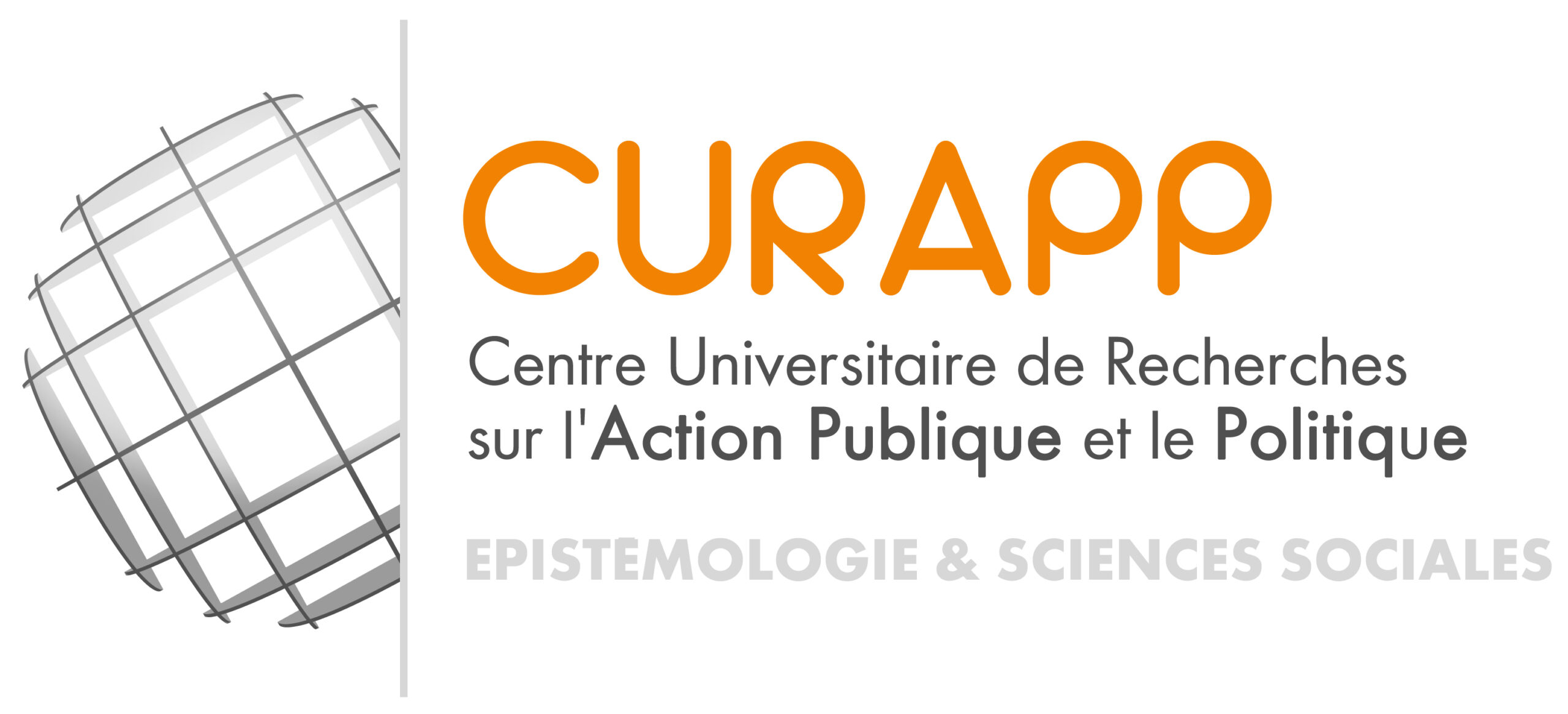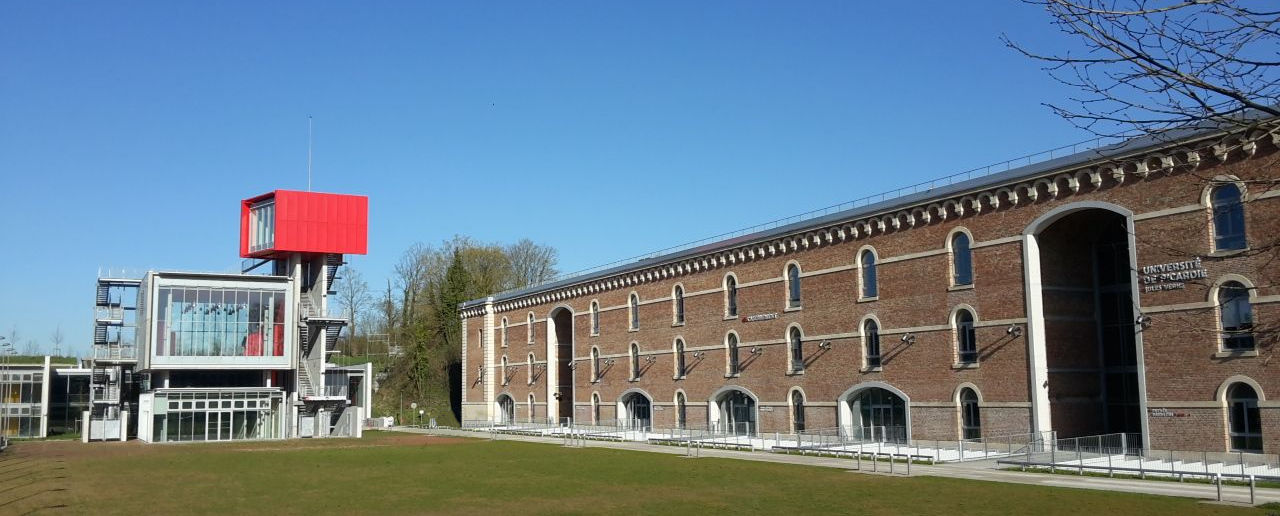Head researchers: Céline Husson-Rochcongar, Romain Pudal et Layla Raïd
Researchers: Hend Al Ahmad, Ludivine Allienne-Dis, Christophe Al-Saleh, Bruno Ambroise, Jacqueline Avandje Issindina, Sophie Baclet, Lucy Baugnet, Sophie Benard, Marjorie Beulay, Miranda Boldrini, Elodie Bordrez, Antoine Borugh-Bu-Djorh, Anh Ngoc Bui, Eric Brun, Rémy Caveng, Julia Christ, Maxence Christelle,
Eugene Clayton, Bertrand-Léo Combrade, Tara De Condappa Belka, Jacques Diedhiou, Thuan Hoai Diep, Victoria Dominici, Nassim El Kabli, Estelle Ferrarese, Laurent Francatel, Bertrand Geay, Isabelle Gouarné, Thierry Guilbert, Emmanuel Halais, Céline Hervet, Céline Husson- Rochcongar, Olatoye Maurice Kotchikpa, Salima Nait Ahmed, Emmanuel Nardon, Georges Emery Ndong Etougou, Hermann Okemba M’otsangou, Paul Pasquali, Laurent Perreau, Romain Pudal, Gabrielle Radica, Layla Raïd, Jeannine Richard-Zappella, Ada Reichhart, Ossian Roge, Claire Sainte-Beuve, Nicolas Savoy, Charles-Edouard Sénac, Abdelhak Souitat, Valérie Varnerot, Caroline Vincent.
The new “Norms and reflexivities” research theme is the result of a reconfiguration of two former research themes. Research work on “Knowledge” (former theme n°2) and “Normativities” (former theme n°3) has been restructured around epistemology and norms, which have always been studied at CURAPP:
- Research in epistemology is conducted from the two points of view of social, human and legal sciences on the one hand, and contemporary philosophy methods on the other hand.
- Research on norms focuses on their origin and background, their typology, their organization, their system and their geographical divisions – in the moral, social, political and legal fields, explored by sociology, educational and learning sciences, linguistics, law and philosophy, with specific or interdisciplinary projects.
The new axis increases this association as it connects:
- human, social and legal sciences with philosophy on the basis of disciplinary reflexivity (with, for example, works on the pragmatist concepts in philosophy and in social sciences, on the legacy of reflexive sociology in French contemporary philosophy, or on the points of convergence between the critical theory and the Durkheimian school of thought).
- philosophy with empirical research in sociology and linguistics (with, for example, works on gender and care, on literature, on language learning, on political practices, etc.) and with law research (with, among others, works on family and on human rights).
Three research topics share these connections:
- Epistemology and socio-history of Human and Social Sciences
- Knowledge, language and values
- Discourse and power
Research on the first topic highlights the reflexive production of the Human and Social Science researchers whose empirical research works are related to the research themes n°1 and 2. The second topic is rooted in the disciplinary core of the philosophy department of the laboratory: philosophy of common language, analytic philosophy of knowledge, ethics, but also social, moral and political philosophy. Some of the related studies expand towards empirical research (social or cognitive psychology, sociology) and the others are connected to legal research (philosophy of law). Finally, research on the third topic focuses on the analysis of discourses, of interpretation and on how it challenges power. Research in law theory and human rights international law is centred on legal reflexivity. Research also examines political discourse using linguistic tools.

